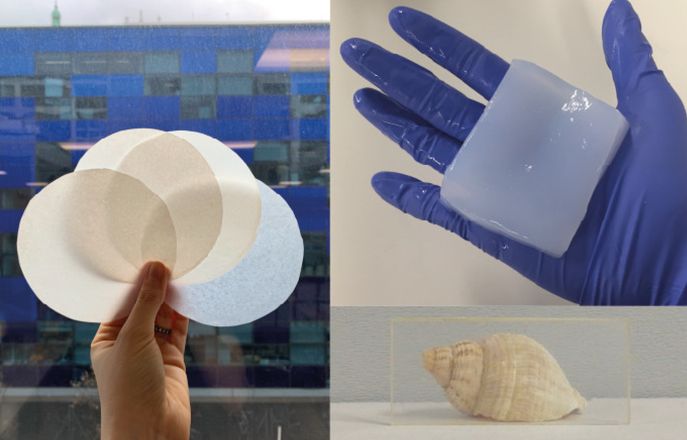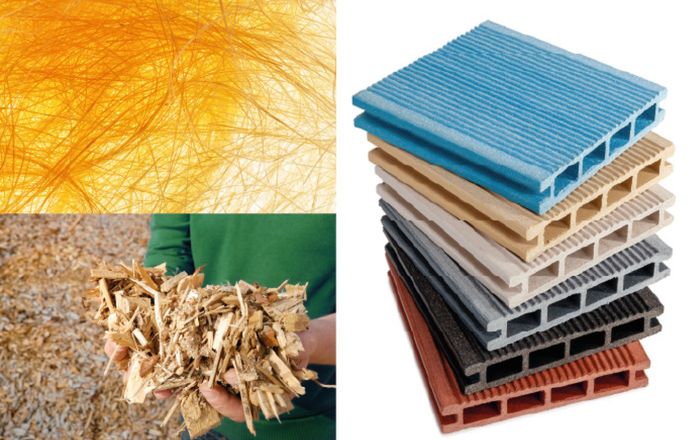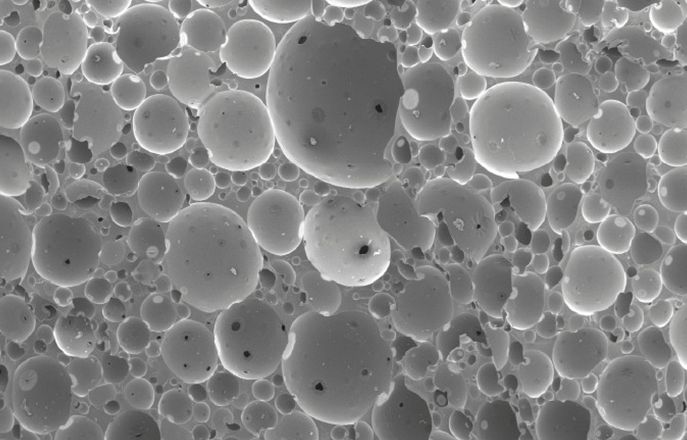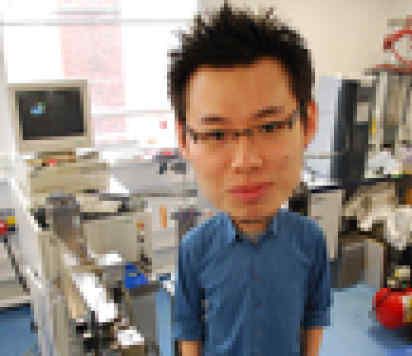Our core research principles
Simple design - Minimalistic design to reduce complexity of scaling up
Manufacturability - Consider scale up challenges early on to provide greater push towards commercialisation
Radical effects - To provide distinct mechanical performance other materials cannot achieve
The Future Materials Group is a young and dynamic research group consisting of 'multilingual' scientists and engineers proficeint in the development of chemical engineering-driven materials innovations for to create a sustainable future.
Our research is highly multi-disciplinary, with an emphasis on the development and manufacturing of novel materials with a focus on tailoring the interface between two (or more) phases to bridge the gap between chemistry, chemical engineering, physics, materials science and engineering.
The core reserach focus of our group is on the design and manufacturing of nanocellulose-derived high performance advanced materials, (ligno)cellulosic biomass-derived sustainable polymeric materials, engineering materials derived from waste, as well as lightweight porous polymeric materials.
Find out more about our nanocellulose, (ligno)cellulose and and materials from waste research from the Institute for Molecular Science and Engineering seminar. More information about our work in waste-derived enginering materials can be found from our H2020/BBI-JU funded VAMOS demonstration project. A brief description of our lightweight porous polymeric materials research be found here.
You can also learm more about what we do from our publications.
Our research approach
The multidisciplinary research activites in the Future Materials Group are driven by the following engineering principles:
- Innovative manufacturing - Develop simple and cost effective manufacturing solutions to novel materials
- Green engineering - Instill the concept of reduce, reuse and recycle in materials development
- Formulation engineering - Utilise the fundamentals of colloids and interface science to enhance materials properties
- Interface engineering - Tailor the interface between different phases to maximise materials performance
Research focus

Nanocelluose-derived advanced materials
Our group focuses on engineering the architecture of nanocellulose network to maximising the performance of nanocellulose-derived advanced materials, with specific focus on its application for transparent armour, fibreboard, paper-base laminates as well as renewable reinforcement to replace glass fibres for various composite applications

(Ligno)cellulose-derived sustainable materials
We manufacture high performance (ligno)cellulosic biomass derived sustainable materials that can target engineering applications cannot be achieved by conventional bio-based polymers or renewable natural fibre-reinforced polymers alone and could serve as alternative to traditional glass fibre-reinforced polymers
Research focus 2

Waste-derived engineering materials
We also work on upgrading plastic (mixed) waste, by-products from the agricultural industry and municipal solid waste destined to go to landfill or incinerated, deriving more value from waste materials and converting them to high value engineering products, transform the linear “take-make-dispose” model to a circular economy model

Porous polymeric materials
Our research activities also focuses on engineering emulsions and liquid foams to design porous polymeric materials based on a simple and intrinsically scalable "liquid-into-solid" concept, allowing not only a waste-reduction but completely waste-free manufacturing of porous materials
